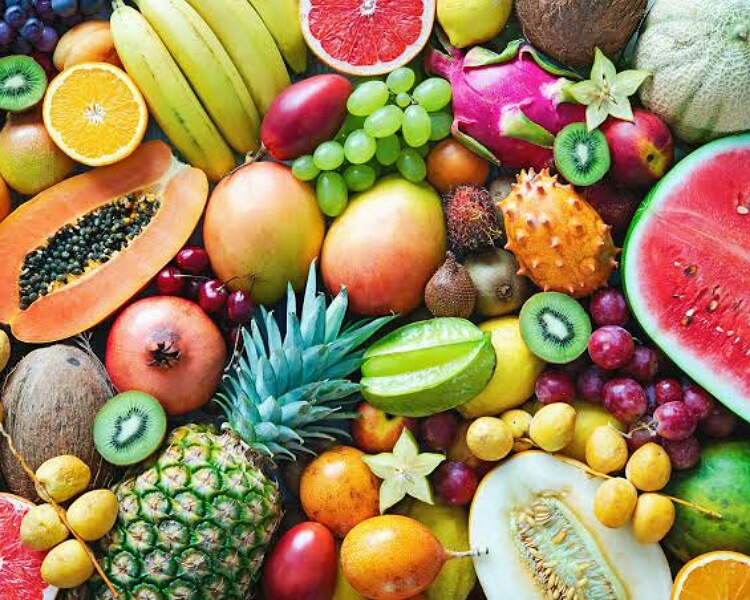We do know the immediate actions of certain foods such as sugars and chillies on the mental state of a person. But what about the effect of foods on long-term mental well-being of the consumer? A new study from the Birmingham’s Aston University states that snacking on fruits can lead to a better mental well-being and positivity.
Foods and better mental well-being
Foods have a great role to play in boosting moods and energy levels. These effects can be seen immediately. For instance, eating chillies boosts our endorphins levels. And consuming sugar rich foods boosts our energy but this is followed by a crash. This leads to fatigue and tiredness.

Similarly, certain foods are good for the betterment of the mental well-being in the long run. In order to determine which foods assist in this, researchers from Birmingham’s College of Health and Life Sciences, Aston University carried out a study. And they found that snacking on ordinary fruits when hungry can lead to significantly better mental health.
The study details
The researchers studied the eating habits of 428 adults across the UK. They tried to find the association between their consumption of vegetables, fruits, sweet and savoury snacks and psychological health and well-being.
The research team first took the demographic details and lifestyle factors of the recruits. These included age, general health, exercise routine etc. The eating habits particularly related to snacking of these individuals was studied. The study is published in the recent issue of the British Journal of Nutrition.

And the study showed that eating nutrients rich fruits and nutrients poor savoury snacks have a relationship with psychological health. But the vegetables and sweet snacks showed no such association or link with the mental health and well-being.
The study findings
The research revealed the positive role of fruits in mental well-being. Those individuals who ate fruits regularly reported a better and positive mental state. They had lesser symptoms of depression. And this association is more significant with the frequency of eating fruits and not related to the amount of fruits one eats in a week, the study said. The more often a person ate fruits in a week, the more improved was the mental well-being compared to the amount consumed in a week.

Those individuals who snacked on savoury snacks such as crisps reported a higher rate of anxiety. This was not seen in the group that ate fruits regularly for snacks. The savoury snacks eaters also had higher experiences of everyday mental lapses (the subjective cognitive failures). Stress and depression rates were also higher and they fared lower on mental well-being scorings.
Read here: 13 water-rich fruits for rehydration and nourishment during summers!
The sweet snacks eaters and vegetables eaters reported no such higher rate of lapses. Vegetables have similar nutrients as fruits (fiber, vitamins, minerals, antioxidants). But cooking destroys most of them and hence the positive impact of eating them on the mental well-being was not discerned, the authors feel. Lead author, PhD student Nicola-Jayne Tuck said:
“Both fruit and vegetables are rich in antioxidants, fibre and essential micronutrients which promote optimal brain function, but these nutrients can be lost during cooking. As we are more likely to eat fruit raw, this could potentially explain its stronger influence on our psychological health.”
“It is possible that changing what we snack on could be a really simple and easy way to improve our mental wellbeing. Conversely, it is also possible that the forthcoming restriction of processed snack foods at checkouts, due to come in this October, could not only improve the country’s physical health, but mental health too.”
